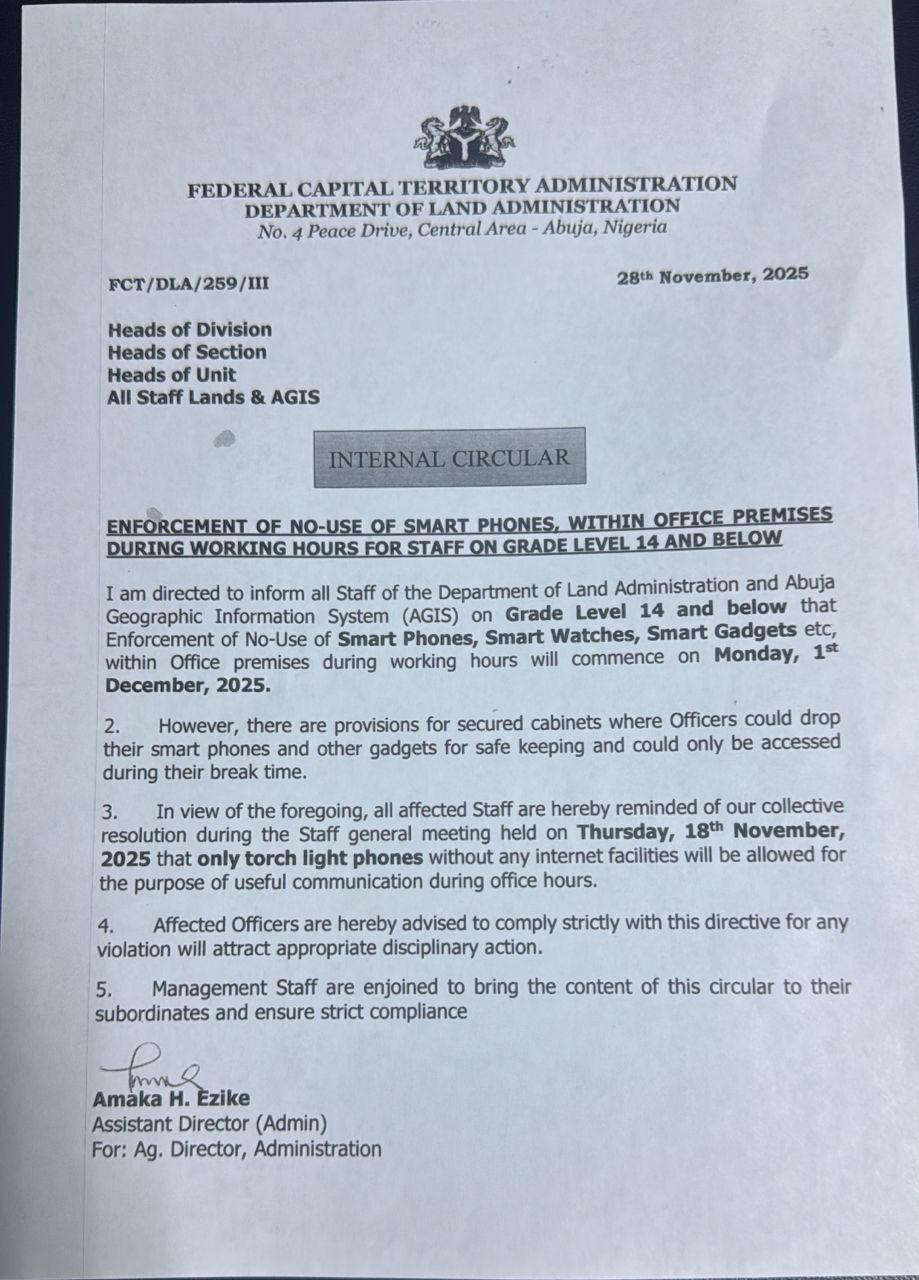The Governor of the Central Bank of Nigeria, Olayemi Cardoso, has said that since the commencement of the latest recapitalisation exercise, 27 banks have gone to the market to raise additional funds.
Cardoso disclosed this at the 60th Bankers’ Dinner organised by the Chartered Institute of Bankers of Nigeria on Friday.
PUNCH Online reports that Nigerian banks have been raising funds to meet the fresh capital thresholds set for them by the CBN, which in March 2024 directed commercial banks with international authorisation to increase their capital base to N500bn and national banks to N200bn, while those with regional authorisation are expected to achieve a N50bn capital floor.
Non-interest banks with national and regional authorisations will need to increase their capital to N20bn and N10bn, respectively. The CBN gave the banks a deadline of March 2026.
Speaking at the event, Cardoso said, “With just four months to the conclusion of the recapitalisation exercise, I am pleased to report that the process is firmly on track.
“Several banks have already met the new capital thresholds, while others are advancing steadily and are well positioned to comfortably meet the March 31, 2026 deadline. To date, twenty-seven banks have raised capital through public offers and rights issues, and sixteen have already met or exceeded the new requirements — a clear testament to the depth, resilience, and capacity of Nigeria’s banking sector.
“As we strengthen the capacity of our banks, stress-testing this year confirms that Nigeria’s banking sector remains fundamentally robust. Key financial soundness indicators overwhelmingly satisfied prudential benchmarks during the year.”
He added, “Our decisive actions on regulatory forbearance mark another turning point. As recapitalisation progresses, we are redesigning the credit-risk framework to enforce stronger governance, greater transparency, and firmer accountability across the sector.
“We are determined to break the boom-and-bust cycle that has accompanied past recapitalisation efforts. MSMEs remain central to our efforts. This year alone, microfinance lending expanded by over 14 per cent, and new digital-credit products reached more than 1.2 million small enterprises — evidence of the sector’s growing depth and capacity.
“We are improving access to credit, supporting microfinance institutions, and expanding financial products tailored to smaller enterprises.”
Speaking on the economy, the CBN governor noted that Nigeria is now more than ever capable of withstanding external shocks.
“This year’s actions, including the deployment of the Electronic Forex Market Surveillance System, the shift to a single, market-determined foreign exchange rate regime, and enhanced risk-based banking supervision, underscore our track record of reform delivery.
“They have strengthened Nigeria’s capacity to absorb external shocks, from volatile oil prices to shifts in credit-rating sentiment.
“With oil now a smaller share of GDP and fiscal revenue, a sharp oil-price decline would be cushioned by the flexible FX regime, rising non-oil exports, and growing services trade. In short, Nigeria is more resilient to external shocks today than at any point in our recent history.
“The Central Bank of Nigeria will continue to steer monetary policy with discipline, anchored firmly to its core mandate of price stability. Stability remains the bedrock upon which investment flourishes, resources are allocated efficiently, and purchasing power is protected,” he added.
Cardoso asserted that the growth of the country’s external reserves has been mostly organic.
“With the current account balance rising over 85 per cent to $5.28bn in Q2, up from $2.85bn in Q1; bolstering our external buffers, foreign reserves reached $46.7bn by mid-November, the highest in nearly seven years, providing over 10 months of forward import cover and significantly enhancing the economy’s resilience.
“What is most important here is that our FX reserves are being rebuilt organically — not by borrowing, but through improved market functioning, stronger non-oil exports, and robust capital inflows,” he said.
The Central Bank governor also called for collaboration to tackle the rising insecurity in the country.
In his opening speech at the dinner, the President of the CIBN, Pius Olanrewaju, highlighted that the Nigerian banking industry continues to demonstrate resilience and adaptability, remaining active in both global and domestic economic activities.
“These developments are clear and can be affirmed. The sector plays a vital role in supporting Nigeria’s economic recovery and expanding its capacity to finance the new direction of our economy.
“We will recall that on Friday in November 2023, the Governor of the Central Bank, Mr Olayemi Cardoso, announced the recapitalisation programme on this very platform. Subsequently, on March 28, 2024, the CBN issued guidelines applying the new minimum capital requirements for banks.
“Since then, many institutions have already met the new capital thresholds ahead of the 2025–2026 timeline, while others are actively taking necessary steps. These efforts continue to boost investor confidence, drive innovation within the ecosystem, and position the sector to support Nigeria’s aspiration of becoming a $1tn economy by 2030. Another notable development is Nigeria’s recent removal from the FATF grey list, a significant milestone for our country. This achievement restores international confidence, facilitates cross-border trade and investment flows, and reaffirms Nigeria’s commitment to transparency, compliance, and financial integrity.”
The chairman of the Body of Bank CEOs and Group Managing Director/Chief Executive Officer of United Bank for Africa, Oliver Alawuba, in his speech echoed the earlier charge of the Minister of Finance and Coordinating Minister of the Economy, Wale Edun, on the need for the banks to finance the dreams of young Nigerians.
He said, “The Federal Government’s target of a $1tn GDP by 2030 remains in focus. Achieving it requires deeper reforms, enhanced productivity, and increased growth. Private-sector lending currently stands at about N74tn, but we can do more. Let me emphasise: bank credit is not a gift, nor a grant, nor a tool for funding lifestyle. It is a trust between the bank and customer for the benefit of the economy. When loans are repaid, banks can lend more, fuelling broader economic growth.
“We must prioritise lending to key growth sectors: youth entrepreneurship, funding innovation and creativity; SMEs — which contribute 48 per cent to GDP and 84 per cent to employment; women — as no economy can grow without full inclusion; and the creative economy — now worth over $15bn.
“The revitalisation of the National Theatre into the Wole Soyinka Centre for Culture and Creative Arts is a testament to the opportunities in this sector.”
Alawuba also charged bankers with professionalism, compliance, and ethical conduct at all times.
On the digital economy, he said, the sector recognises its rapid expansion alongside rising AI-driven fraud and cross-border cyber-attacks.
“The Body of Bank CEOs will continue to work closely with the CBN, NIBSS, and other stakeholders to safeguard the industry and protect customer funds. As the festive season approaches, we assure the Nigerian public that banks are fully prepared.
“We are working with the CBN to ensure adequate cash availability at ATMs and branches, and to ensure that all key touchpoints operate smoothly throughout the holidays,” Alawuba concluded.
.png)
.png) 1 hour ago
7
1 hour ago
7







 English (US) ·
English (US) ·